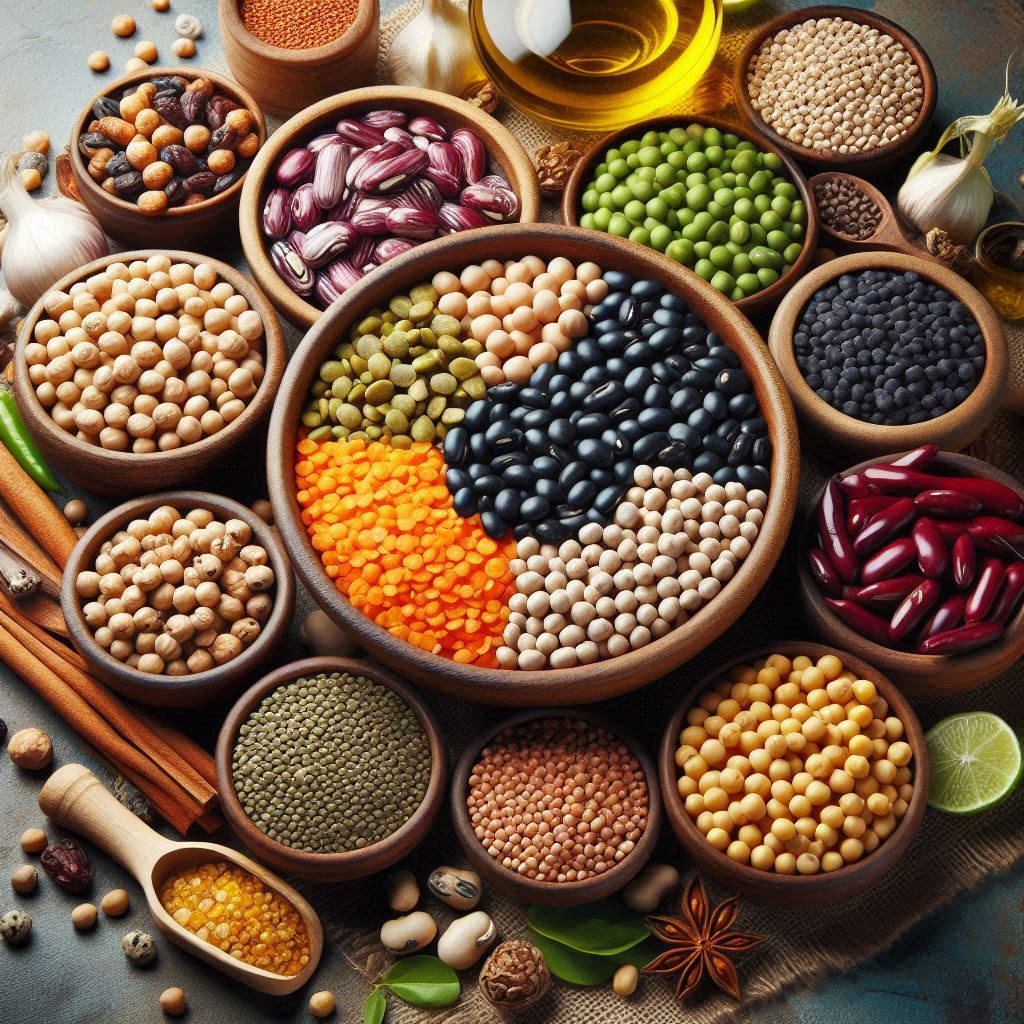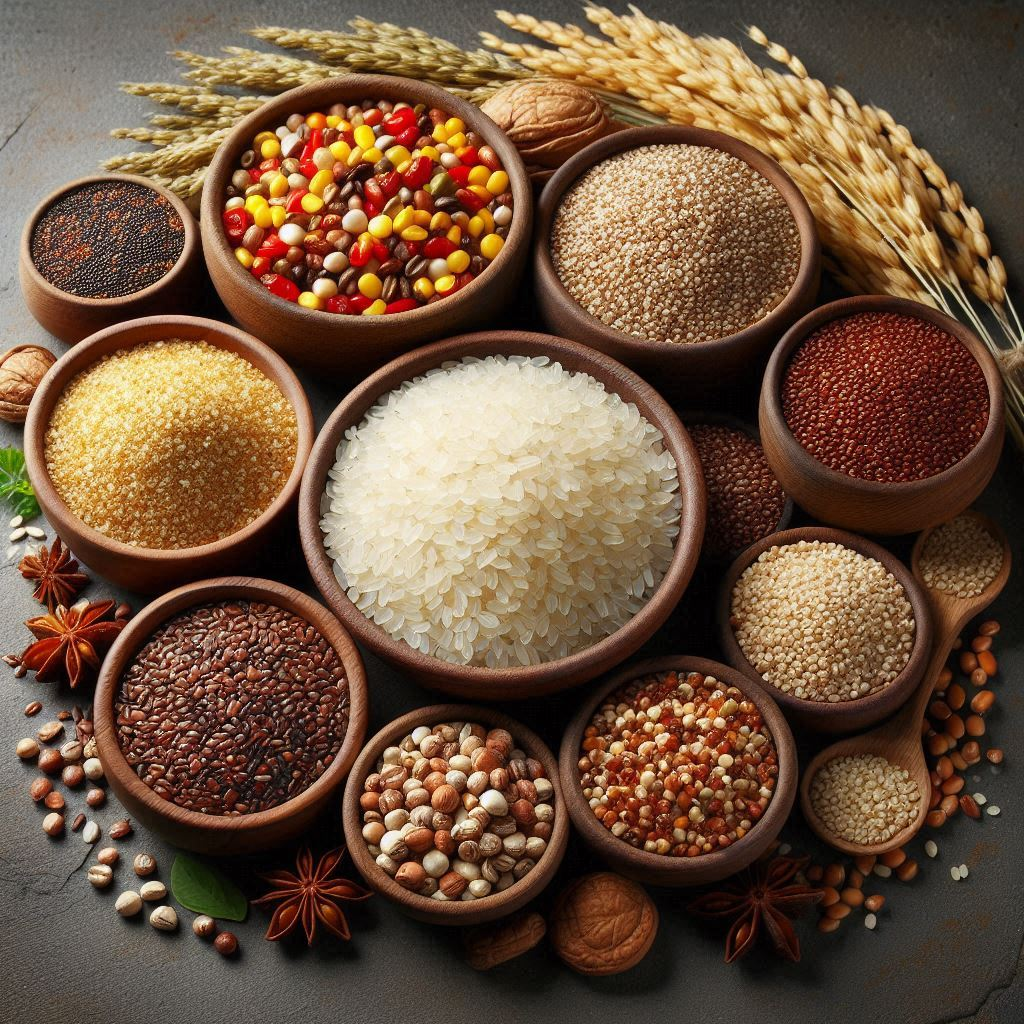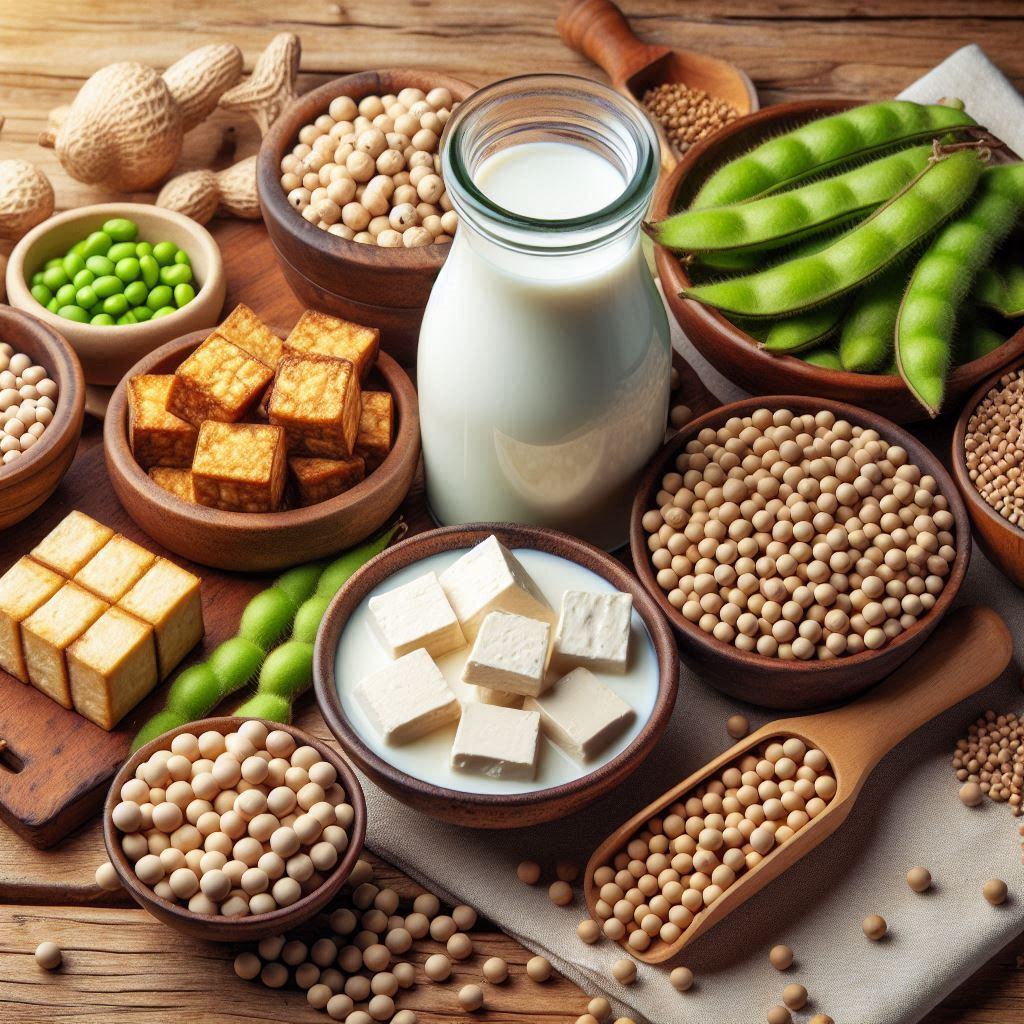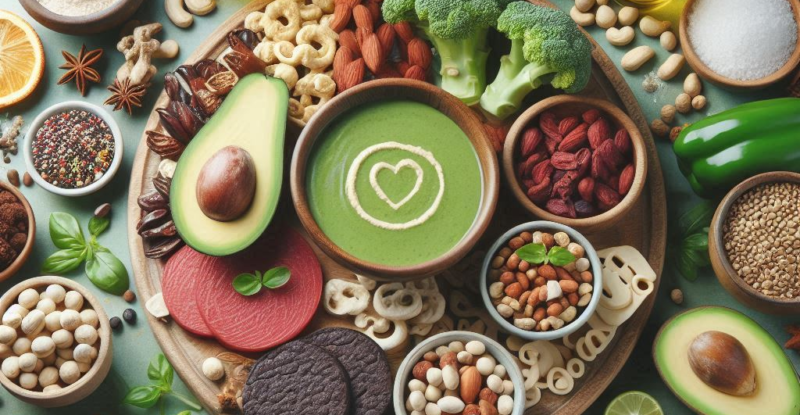The world of nutrition is constantly evolving, with new trends and dietary preferences emerging all the time. One such trend that has gained significant traction is the shift towards plant-based diets. With a growing awareness of the environmental impact of animal agriculture and the desire for healthier living, more and more people are exploring plant-based protein as a viable option to fuel their bodies.
What is Plant-Based Protein?
Plant-based protein comes from plant sources such as legumes, grains, nuts, seeds, and soy products. Unlike animal protein, it is typically lower in saturated fat and cholesterol, and higher in fiber, vitamins, and minerals.
The Benefits of Plant-Based Protein
Incorporating plant-based protein into your diet offers a range of benefits:
- Improved heart health: Plant-based protein is often linked to lower cholesterol levels and reduced risk of heart disease.
- Weight management: High fiber content can help you feel fuller for longer, aiding in weight control.
- Lower environmental impact: Plant-based protein sources generally have a smaller carbon footprint compared to animal-based proteins.
- Reduced risk of chronic diseases: Some studies suggest that plant-based diets may lower the risk of certain types of cancer, type 2 diabetes, and other chronic conditions.
Complete vs. Incomplete Proteins
A common misconception about plant-based protein is that it is incomplete, meaning it lacks one or more essential amino acids. While it’s true that individual plant foods might not contain all essential amino acids, combining different plant proteins throughout the day can easily provide a complete amino acid profile.
For example, pairing beans with rice, or lentils with quinoa, creates a complete protein source.
Plant-Based Protein Sources
There’s a wide variety of delicious and nutritious plant-based protein options available. Here are some popular choices
Legumes:

Lentils, chickpeas, black beans, kidney beans, and soybeans are excellent sources of plant-based protein.
Grains:

Quinoa, brown rice, and buckwheat are complete proteins and provide a good amount of protein.
Nuts and seeds:


Almonds, chia seeds, flaxseeds, and hemp seeds are packed with protein and healthy fats.
Soy products:

Tofu, tempeh, edamame, and soy milk are versatile protein sources.
Incorporating Plant-Based Protein into Your Diet
Transitioning to a plant-based diet doesn’t have to be overwhelming. Here are some tips to help you incorporate more plant-based protein into your meals:
- Experiment with new recipes: Explore different plant-based protein sources and try new recipes to keep your meals interesting.
- Meal planning: Planning your meals in advance can help you ensure you’re getting enough protein.
- Protein supplements: If you struggle to meet your protein needs through whole foods, consider plant-based protein supplements.
- Read labels: Check the protein content of plant-based products to make informed choices.
Conclusion
Plant-based protein is a versatile and nutritious way to fuel your body. By incorporating a variety of plant-based protein sources into your diet, you can enjoy the numerous health benefits while contributing to a more sustainable planet. Remember, it’s all about finding what works best for you and making gradual changes.
Disclaimer: While this blog post provides general information about plant-based protein, it is not intended as medical advice. Always consult with a healthcare professional for personalized guidance.






